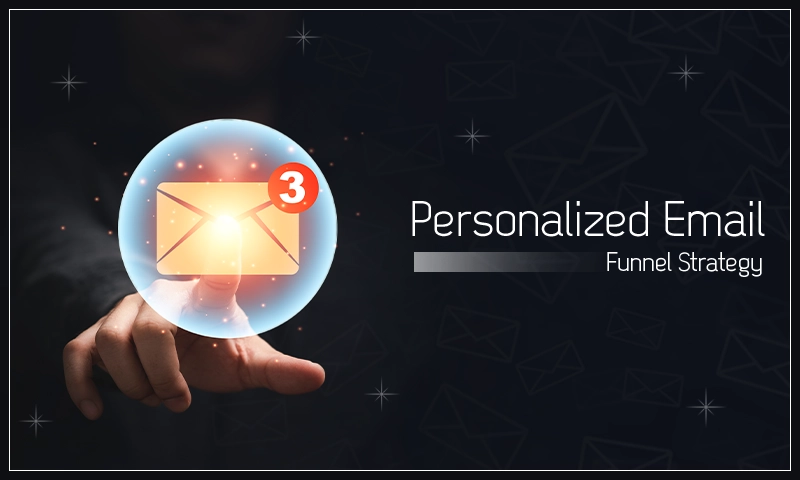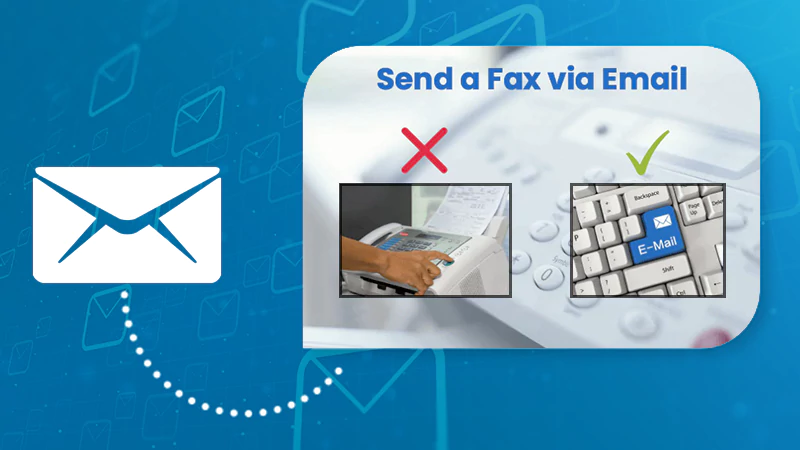6 Technologies That Can Protect Your Privacy
Protecting your privacy is a fundamental right that every person deserves. While there are numerous ways to protect your privacy, technological means are the most effective. With the world shifting towards digitalization, protecting your online privacy is more important than ever. The use of encryptions, passwords, VPNs and other network security protocols have become common since they can conveniently safeguard your online identity and credentials.
Today, many individuals actively seek technological solutions to enhance their privacy protection while keeping potential risks at bay. Although technology has created ease for humans, it has also left some loopholes that can only be filled through technological advances. Cyber threats were never a problem for us until the introduction of the internet. To give you deeper insights, here are some technologies that can help protect your privacy.
Encryption
Encryption is hands down one of the most effective technologies to ensure privacy protection. When you are using the internet, there always exists potential security risks caused by hackers and online scams. One wrong click can lead to your information and smart devices getting compromised. Likewise, hackers can use numerous malware programs, such as ransomware to bypass your online security protocols and demand ransom. They can also access all your online accounts and information that you may store on cloud servers. This is where encryption comes in.
Encryption protects your online information from cyber threats by assigning a private key to a specific set of information that you have selected. Without that key, your online information would appear as nothing but jumbled words. Luckily, you can encrypt any data or information located on your smart devices using applications such as 1password. All you need is to run a search for 1password android on Google. The search engine will navigate you to a link where you can download this android application on your smartphone via the Play store.
One thing to note is that there are different types of encryptions available. Some encryptions are dedicated to protecting your email messages via email clients that support encryption, while others can encrypt your instant messages. Once your messages are encrypted, it becomes very difficult for hackers to intercept and decipher them.
A virtual Private Network or VPN is another form of encryption technology that helps protect a user’s online privacy. It uses a dedicated server that diverts data transmission between your smart device and the accessed online website to its IP address, protecting your data. Once the connection is established, online websites won’t be able to pinpoint your location or IP address. Likewise, hackers or any other malware programs would be unable to track your online activities.
Proxy
Proxies are yet another technological means to protect your online privacy. Anonymous proxies work similarly to VPNs; the only difference is that you are connected to an anonymous computer this time. If you want to access an online website via proxy, you do not transmit data directly from your computer. Instead, your input commands are registered on an anonymous computer that fetches the information you seek.
Anonymous proxies are effective at accessing blocked web content while making it difficult for hackers to track your online activity. However, they have relatively slow connection speeds compared to VPNs and might also disconnect several times while in use.
Remailers
Remailers are similar to anonymous proxies. The only distinction is that they safeguard incoming and outgoing email messages via a remailer server. When active, if you send an email message to a specific recipient address, they will not receive it directly.
Instead, the remailer server would receive your email and dispatch it to its final address. This way, the recipient will not know that you have sent them the email, hence ensuring your anonymity. Besides, remailers are ideal for sending emails or having online conversations anonymously.
Tor
If you want to ensure your online identity stays hidden, Tor might be the solution. Tor, also known as The Onion Router, is a sophisticated technology that works differently compared to proxies or VPNs. It uses a network of servers that make the user extremely difficult to trace. It does so by continuously re-encrypting the data being transferred. As a result, it becomes nearly impossible for hackers to track you down.
Be mindful that while Tor provides a handy way of dealing with hackers and staying anonymous, it is not completely invulnerable. There are ways through which hackers can compromise your anonymity. For instance, they can monitor the entrance and exit of the Tor network. However, it would be much harder for them to locate you.
Single-use Email Address
Protecting your online privacy is crucial in today’s world. Unless you make some efforts, you might become a victim of cyber crimes. There are numerous ways to protect your anonymity and online credentials, such as one-time email addresses.
As the name suggests, single-use email addresses are those email addresses that are discarded after a single use. This means that they become null or void after an email message is sent via those email addresses. Consequently, it becomes difficult for anyone to track the sender. Also, remember that single-use email addresses are ideal for one-time conversations.
Digital Currency
Digital currency or cryptocurrency is a popular trend that allows users to make cashless payments without requiring traditional currency. While this Blockchain technology might be difficult to understand, it works wonders when it comes to privacy. Digital currency transactions are untraceable since there is no central body that governs those transactions. Only the buyer and seller are aware of the digital transaction taking place.
The good news is that these digital transactions are fully encrypted. Every digital wallet is encrypted with an alphanumeric code, without which accessing crypto reserves are impossible. This is useful, especially if you want to protect your assets from theft or getting lost. All you need to do is ensure you don’t lose the private key to your digital wallet.
Conclusion
Maintaining online privacy in today’s world is no less than a challenge. However, by using technological methods, you can ensure that your privacy isn’t compromised. After all, you can use encryptions, VPNs, proxies, remailers, Tor, single-use email addresses, digital currency, and numerous other privacy protection technology to keep cyber threats at bay.
Share
















